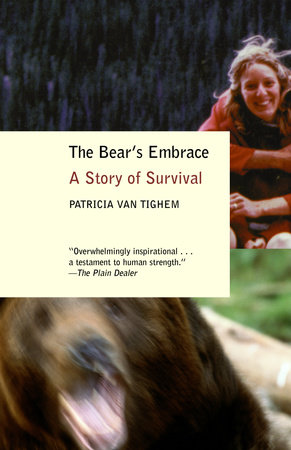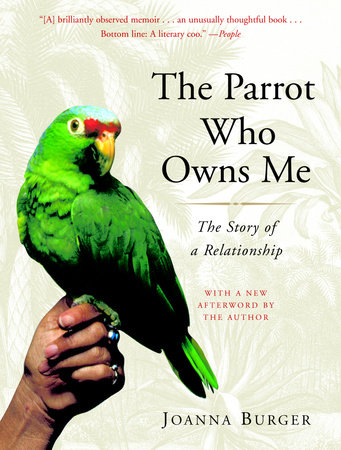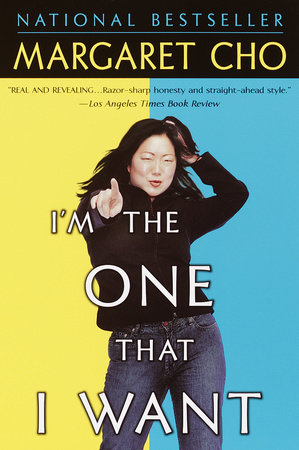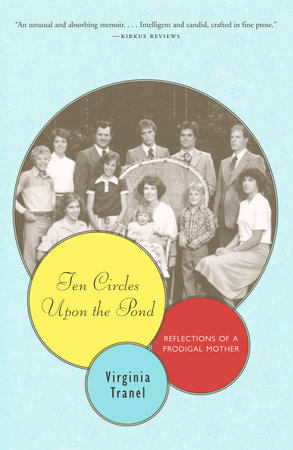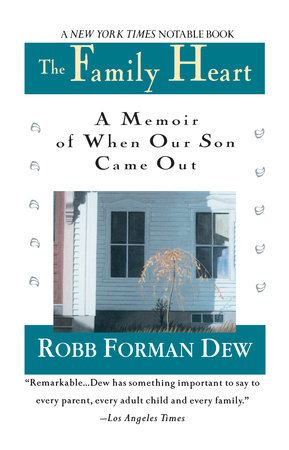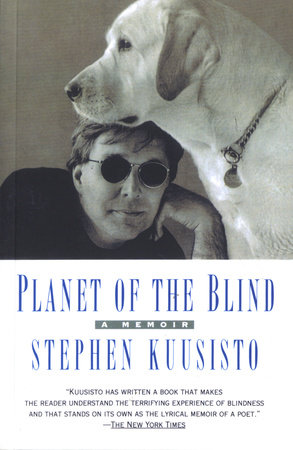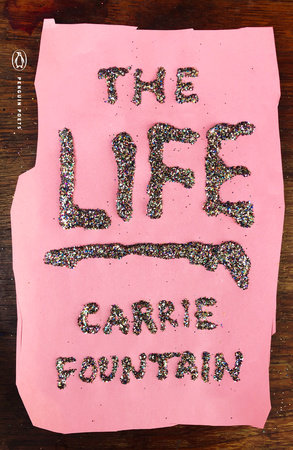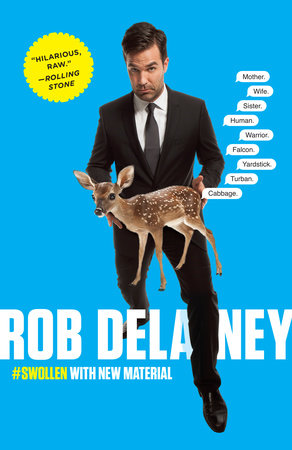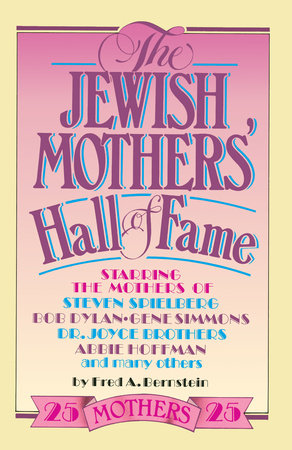A conversation with Patricia Van Tighem,
Author of THE BEAR’S EMBRACE:
Q:Why write this book now?
A:In the time right after our attack I couldn’t get the imagery out of my head. I used to write all the time and I was in the habit of it, so I started to write initially about the actual mauling and then branched out in other directions (like the hospital) in order to stop the visions cycling through my head. A couple of years ago when I had the psychiatric admission to what I call in the book the “Fraser Unit,” the anger I felt at their treatment was a spur for me to change thingsÉ to change the way I was treating myself and also just to change the way I was in the world, I just didn’t want to be in that state anymore.
Q:The attack is just a small part of the book–it’s a survivor’s tale, it’s critical of the health system, it’s about getting the right answers in the health system, it’s educational, it’s a marriage handbook, it’s just so many things. But I think the reason a person will first pick it up is because they see a grizzly bear on the front and the story of an attack. Is that wrong?
A:People have asked me, “What do you think people’s fascination with bears is?” I think it is because it’s one of the last things in our society that we can’t control, it’s totally unpredictable. So there are people that swing to the side and say, “then get rid of them all.” Those are probably the same kind of people who want to build fences around their neighborhoods and make everything as secure and predictable as possible. To me, they have a place here just like my daughter with Down Syndrome has a place here. I would never have chosen to say “we don’t want her in our life because it’s too much of a challenge, it’s unpredictable, we can’t be in control.”
Q:Speaking of your daughter with Down Syndrome, you talk about her quite a bit in the book.
A:It sounds cliché but she’s the one who teaches me about what’s true beauty and what’s truth. Those things that I have been aspiring for and it’s right there in this little package. That’s my concern when people want to control their lives too much and make things as predictable and safe as possible–what are they losing out on at the same time?
Q:The book is a very personal account, it’s like sneaking into your room and stealing your diary. After people read the book they will feel like they know you on a different level. Is that going to make it easier or more difficult for you to retain your “normal” lifestyle?
A:That was certainly one of my apprehensions after putting it out, wondering how people would respond to me. But the urge in me was greater to dissipate some of the stigma around these issues. There is a part of me that almost wants to say to the world–look, I went this low, I felt this awful, I did these things and at the end I have to ask, “Am I then terribly bad and don’t deserve to live and should just commit suicide?” Or do turn that around and say, “No, I have a value and a reason for being here and these things I am being judged by are not the things that should decide my value.” That strong feeling that there must be so many people out there that are feeling and going through the same kinds of things and might read this and say, “Hey, I’m not the only one who feels that way.” I have a feeling that a lot of people have that kind of harsh judgment that I was living.
Q:In the book, you teach people how to respond to people who may not look like everyone else.
A:People weren’t all that interested in me as an unwell person. I was very condescended to, I was very patronized. Even with the disfigurement now I often get that kind of response from people who don’t know me and those things angered me. I kind of wondered if I put the story out without telling people what to do. The process of writing the book was a tremendous healing process and purging for me.
Q:You still live in bear country in Western Canada–Why have you chosen to live in a place where bears can pass through your backyard?
A:In a strange way I felt more apprehensive in the city then I did living here with bears. I think people are more unpredictable and with bears there is no malicious element, they are not terrorizing us on purpose. Another thing too is that I have to comfort myself with statistics. It was so incredibly rare what happened to us in the first place and that’s one of the things that helped me get out hiking again.
Q:On a recent hike you saw a bear (for the second time in your life). What was your response?
A:Actually the bear in one way was a tremendous gift in that it didn’t act in any way aggressive; it was just minding its own business. It bothered me though, because it wasn’t scared of us, it didn’t take off and we were forced to bushwhack through the switchbacks.
Q:Is talking about the book part of the healing process?
A:I don’t think it’s a conscious thing, but based on the response I have had (from the Canadian media) so far, I realize that could be a bonus of it. It’s a paradoxical thing because all through the book I craved other people’s evaluations of me, for them to have me in high esteem so that I could feel like a worthy person. By the end of the book and now I don’t need that anymore.
Q:What do you think people will be thinking when they finish the book and put it down?
A:I can tell you, I was afraid of what people would be thinking. That it was a litany of woes. That it was just too much. But I think what I hoped people might feel is an element of hope. I didn’t want to end (the book) with “everything is all better now” because it isn’t. But, just an awareness of the ebb and flow of life–the tough things visit and they lift and we learn and hope and grow along the way. Hope sounds too clich?, but that’s what I was getting at.
Q:You learn a lot from reading the book, but what should people know about Patricia?
A:I guess just that I am very human. There is nothing special about me, I don’t feel because of the grizzly bear attack or because of writing the book or because of going through a lot of really difficult things, I’m any more special than anybody else. I am just a regular human being and have done what I could do with the circumstances as they came.
Q:Some people may think when the read this: How could one persona have so many bad things happen to them? Is life unfair?
A:I wouldn’t say life’s unfair. People will say this book is full of a lot of whacks, but lots of people’s stories are full of disasters and difficulties and lots of people just float through. I don’t know what the reason is, but strangely enough I wouldn’t change any of this. I wouldn’t ask to have had a different life.
Q:People will wonder once the book is out and you are actively promoting it: “Patricia is well now.” Are you well?
A:No. J.K. Rowling had a quote in her last book that blew me away. It said, “Before healing there has to be understanding, then knowledge, then acceptance, then you move to healing.” All of this put me into the understanding and knowledge end and pushed me into the acceptance end. I’m at that acceptance part which means accepting the fact that I am very sensitive and vulnerable to down times and it would be lovely if they hit less often, but just last week I was in the hospital again and very low. The same old stuff comes back and plays through my head even with all my knowledge. But now there is a part of me that can stay apart from that and now I know it won’t last and I just have to be gentle with myself. This (book) doesn’t mean everything is all fixed–certainly this (points to face) isn’t. I have had surgeries in the past and I will have them in the future. It is part of my life that I will still have physical ailments and emotional difficulties and I accept that as me now and I don’t fight it anymore.
